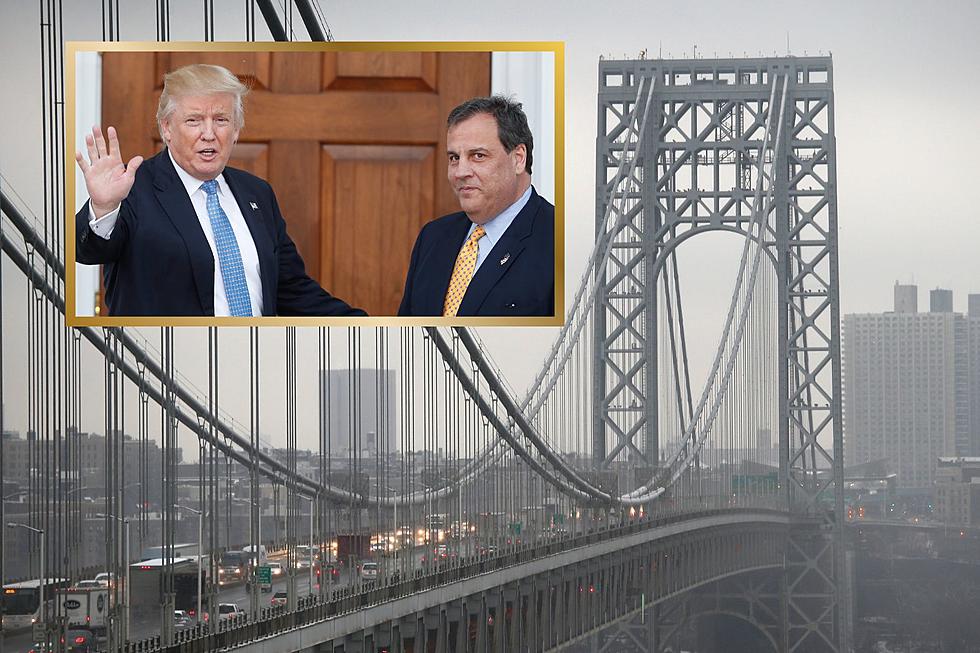![Chris Christie May Be “Most Powerful,” But He’s Not “All Powerful” [AUDIO]](http://townsquare.media/site/385/files/2012/03/christie32.jpg?w=980&q=75)
Chris Christie May Be “Most Powerful,” But He’s Not “All Powerful” [AUDIO]
Because of some unique differences between New Jersey's State Constitution and those of other states, the Governor of New Jersey is considered by many to be the country's most powerful Governor.
That was the case long before Governor Chris Christie took office. While Christie has been able to get a lot done through force, persuasion and compromise, he's now finding out that "most powerful" definitely doesn't mean "all powerful."
Monmouth University political expert Patrick Murray says, "The New Jersey Governor has some powers that many other Governors just salivate over like the line-item veto or the fact that he (or she) gets to appoint every other statewide officeholder such as the treasurer and the attorney general where in many other states those are elected positions and provide a political opposition to that Governor."
In New Jersey, the Governor has the sole authority to certify revenues and can line-item veto spending out of a budget that he she is the one to sign into law. The New Jersey Governor tops the only non-federal ticket that is voted on statewide and the Lt. Governor is automatically ushered into office simply by virtue of being on that same ticket. A Garden State Governor can also veto the actions of many authorities and commissions by not approving their minutes.
Recent events clearly reveal that a New Jersey Governor doesn't get everything he or she wants. In a crushing defeat for Christie last week, the prosecutor he nominated to be the first Asian on the State Supreme Court was rejected by the Senate Judiciary panel making Phil Kwon the first State Supreme Court nominee in modern history to be rejected.
Christie also is also pursuing a controversial University merger plan, part of which would have Rowan University take over Rutgers' Camden campus and for sections of the University of Medicine and Dentistry of New Jersey in Piscataway to be folded into Rutgers. Leading Democrats in the legislature say the plan needs their approval.
In June, the Governor moved to abolish the Council on Affordable Housing because he feels it drives up property taxes with quotas and unfunded regulation for towns that are forced to provide affordable housing. Earlier this month an appellate court struck down Christie's actions.
"As powerful as New Jersey's Governor is, at the end of the day there are two co-equal branches of Government that you're going to have to deal with," explains Murray. "There are a lot of limits there and the limits are; you need the legislature to pass what you want."
More From New Jersey 101.5 FM









